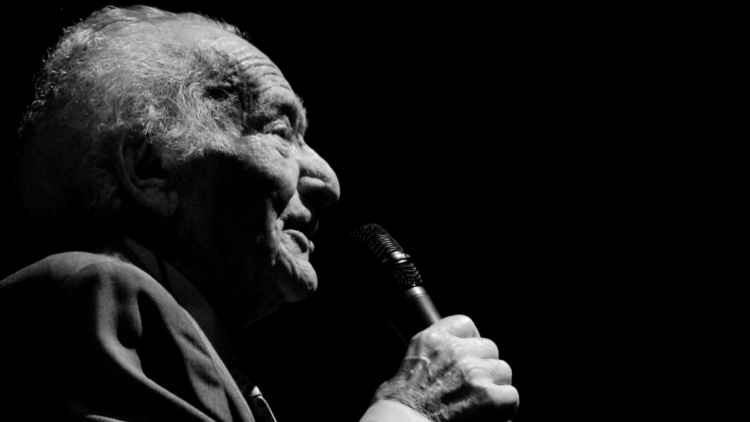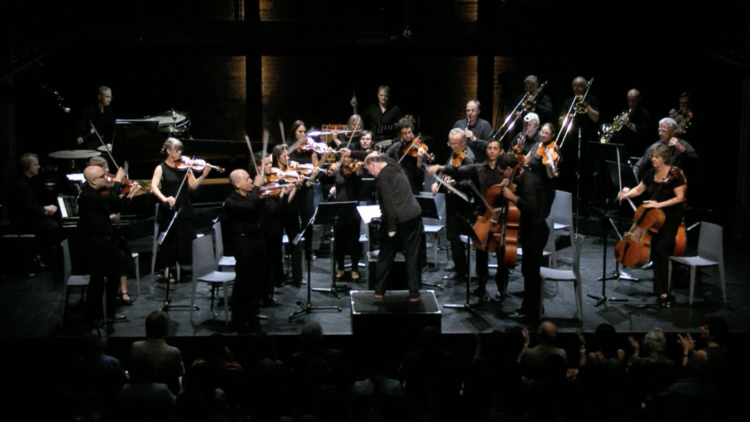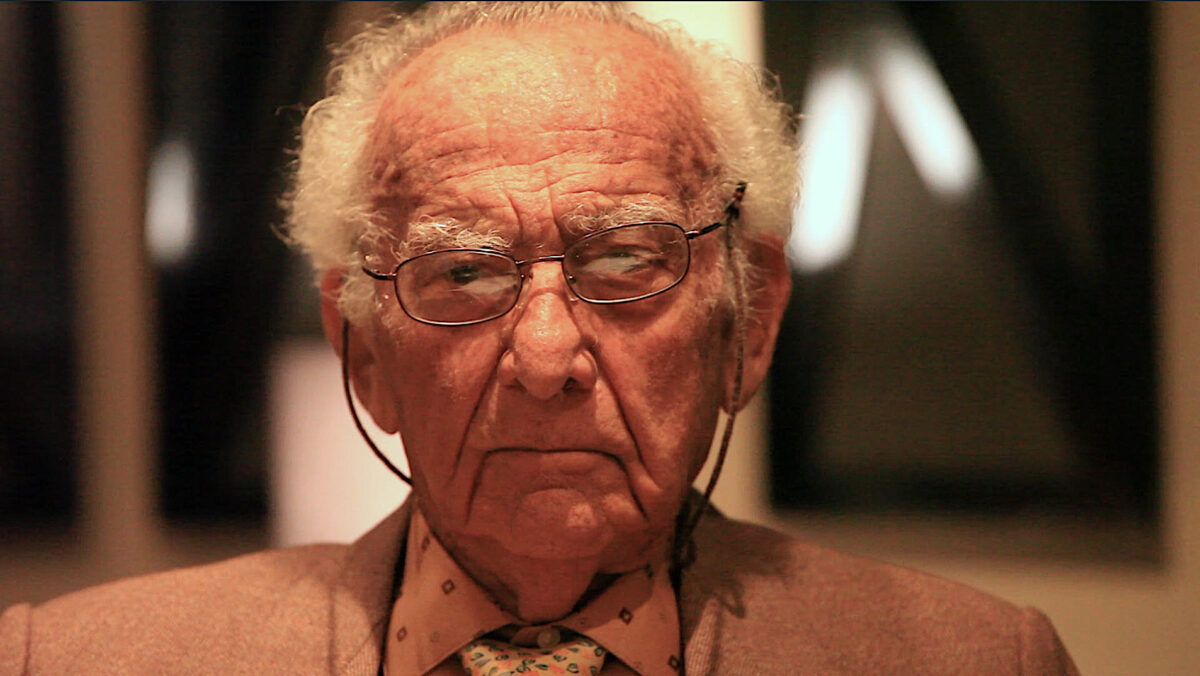David Hoffert’s cinematic tribute to the late musician and composer Leo Spellman, The Rhapsody, is a reminder that adversity need not be an obstacle to creativity. His uplifting documentary will be screened at this year’s Toronto Jewish Film Festival, which started on June 9 and runs until June 26.
A Polish Jew from the town of Ostrowiec, Spellman was a Holocaust survivor who cheated death more than once during the Nazi occupation of Poland. Spellman, whose birth name was Szpilman, was born in 1913 into a family of musicians and was related to Wladyslaw Szpilman, the principal in Roman Polanski’s stirring, award-winning feature film, The Pianist.
During the Holocaust, he escaped from the ghetto in Ostrowiec and joined a partisan band. Later, a Polish Catholic named Henryk Wronski saved him and his wife by hiding them in his apartment in Ostrowiec. For the last 18 months of the Holocaust, he recorded his thoughts in a diary, which turned up after his death in 2012 at the age of 99.
Recovering in a refugee camp in Germany after World War II, Spellman composed his piece de resistance, Rhapsody: 1939-1945, which encapsulated his emotional experiences during the Holocaust. After immigrating to Canada, he stuffed the classical score into a box and forgot about it, eager to put the past behind him and anxious to begin his life anew in Toronto.

In 2000, the U.S. Holocaust Memorial Museum in Washington contacted Spellman and asked to use his symphony in a special program about the Holocaust and music. Unbeknownst to Spellman, one of his cousins had notified the museum about Rhapsody: 1939-1945.
Hoffert, a musician who comes from a family of Holocaust survivors, spent six months helping Spellman re-orchestrate it. Since then, it has been performed in Canada and other countries, including Poland.

The Rhapsody chronicles its emergence from total obscurity to international renown, but also documents Spellman’s fresh start as a band leader in postwar Toronto. True to his beliefs, Spellman did not see himself as a victim. In building a life for himself and his family, he was determined to accentuate the here and now and leave the horrors of the Holocaust behind.
